Diseases and Conditions õ Diabetes õ Could You Have Diabetes And Not Even Know It?
Almost one third of all people with diabetes don't know they have it. The symptoms seem so harmless, like symptoms of just getting older. This article goes into the different types of diabetes and some of the common symptoms of each to help you understand diabetes a little better.
In this article we'll go over the three main types of diabetes. They are Type 1, Type 2, Gestational diabetes.
Type 1 Diabetes
This type of diabetes has also been called insulin-dependent and immune-mediated diabetes. It occurs when your body can't produce insulin. The immune system attacks insulin producing cells in the pancreas. This type of diabetes is usually diagnosed in children and young adults, and was previously known as juvenile diabetes.
Type 1 diabetes increases the risk of other serious complications such as heart disease, nerve damage, blindness, and kidney damage.
Some of the symptoms include increased thirst, increased urination, weight loss even with increased appetite, nausea, vomiting, abdominal pain, fatigue, and absence of menstruation
Type 2 Diabetes
Type 2 diabetes is the most common type that fails to be diagnosed. It progress slowly and causes symptoms such as skin infections, poor healing, kidney problems, and vision problems. It is ordinary that neither these complications nor the diabetes is diagnosed after years of mild symptoms.
The problem is usually that people have no severe symptoms and do not seek medical care at all. They just think of the symptoms as simply getting older. For this reason it is important to get regularly tested for diabetes in the most common age group (over 40's). Less commonly a doctor may treat other diseases, without realizing to test for diabetes.
Gestational Diabetes
Gestational diabetes occurs during a womanís pregnancy. Pregnant women who have never had diabetes before but have high blood sugar levels during pregnancy are said to have it. It affects 4 percent of all women during pregnancy.
Symptoms include Increased thirst Increased urination Weight loss in spite of increased appetite Fatigue Nausea and vomiting Frequent infections including those of the bladder, vagina, and skin Blurred vision.
Gestational diabetes can be missed in pregnancy. It usually starts with mild symptoms that often can be attributed to other things. Itís important to get tested during pregnancy because the high blood sugars from gestational diabetes can do harm to the baby and sometimes lead to other complications.
Even if youíre not pregnant, you should make it a priority to get tested. Many women have gestational diabetes and think about their symptoms as being usual during pregnancy. You never know, maybe it is, but itís always a good idea to get tested.
If youíre having any of the symptoms for diabetes, itís important to see your doctor. Even if you think itís absolutely nothing. Itís better to be safe than sorry.
Article Source: http://articles-4-free.com
Article By: John Paul
How Benefits your life style from type 2 diabetes
Exercise prescription for diabetics
Controlling Diabetes with Exercise New Findings
Diabetes mellitus and Artificial sweeteners
Introduction to Diabetes Mellitus - Diabetes 101
Matching Insulin Syringe to Insulin strength is crucial
If you need Insulin, better to start early
how does the body maintain blood pressure
maintaining blood pressure
how the body maintains blood pressure
effects of CHD
how is diabetes treated
how does the body respond to high blood pressure
introduction of diabetes mellitus
how does the heart maintain blood pressure
how does body maintain blood pressure
understanding heart rate
how is blood pressure maintained
how does the body maintain normal blood pressure
how body maintains blood pressure
how long can you live with mesothelioma
introduction to diabetes mellitus
50 ways to love your liver
otolam
what maintains blood pressure
does the heart maintain blood pressure
Compare the homeostatic mechanisms that maintain normal blood pressure and heart rate
social effects of chd
signs of unhealthy eyes
Compare the homeostatic mechanisms that maintain normal blood pressure and heart rate
how to maintain blood pressure
unhealthy eyes
mechanisms that maintain blood pressure
does the heart help maintain blood pressure
mechanisms to maintain blood pressure
how do arteries aid in maintaining blood pressure
social impacts of CHD
Physiological mechanisms to maintain normal blood pressure
maintain blood pressure
how is blood pressure maintained in the body
describe the process by which the body maintains normal blood pressure
what maintains blood pressure in body
laser treatment for ear infections
how does your body maintain blood pressure
diabetes mellitus introduction
increase resistance decrease pressure
understanding your heart rate
otolam procedure
how to save eyesight
effects of CHD on health
osa ohs
how to keep a healthy prostate
what mechanisms maintain blood pressure
how the heart maintains blood pressure
how does our body maintain blood pressure
how do cataracts occur
diabetes mellitus 101
 Basal Cell Carcinoma ("Rodent Ulcer" Type)
Basal Cell Carcinoma ("Rodent Ulcer" Type)
 Basal Cell Carcinoma (Histology-Morpheaform Type)
Basal Cell Carcinoma (Histology-Morpheaform Type)
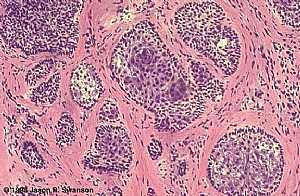 Basal Cell Carcinoma (Histology-Nodular Type - High power)
Basal Cell Carcinoma (Histology-Nodular Type - High power)
 Basal Cell Carcinoma (Histology-Nodular Type- High power)
Basal Cell Carcinoma (Histology-Nodular Type- High power)
 Skin
Skin
 Nervous System -- Basic
Nervous System -- Basic
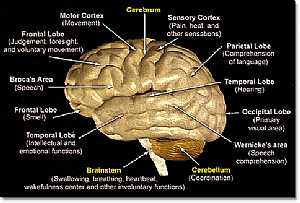 Brain anatomy
Brain anatomy
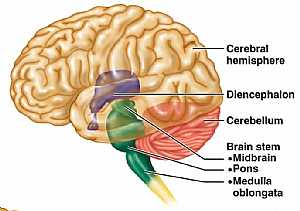 Brain anatomy
Brain anatomy
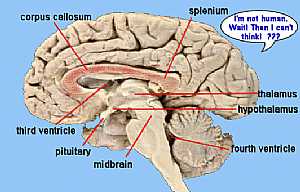 Brain anatomy
Brain anatomy
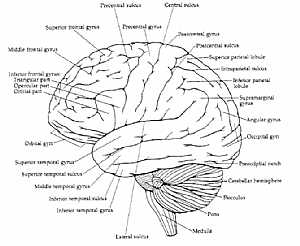 Brain anatomy
Brain anatomy
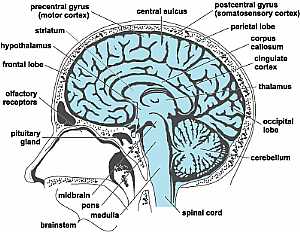 Head anatomy
Head anatomy
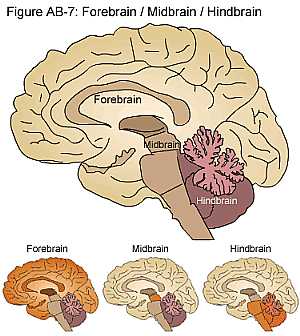 Brain anatomy
Brain anatomy
© Copyright 2001-2022 eDoctorOnline.com

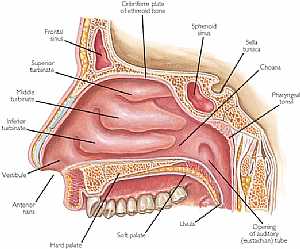 Nose anatomy
Nose anatomy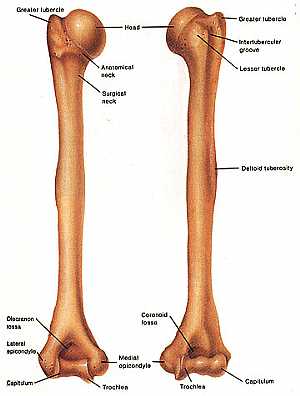 Humerus bone
Humerus bone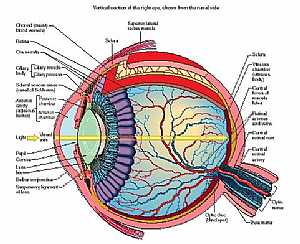 Eye anatomy
Eye anatomy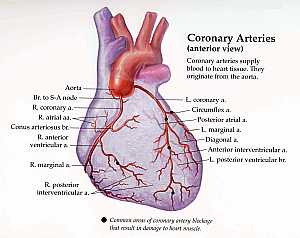 Coronary arteries anatomy
Coronary arteries anatomy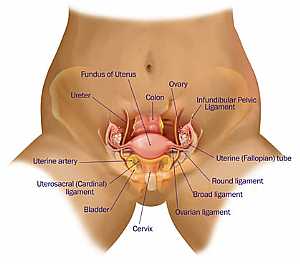 Female pelvic anatomy
Female pelvic anatomy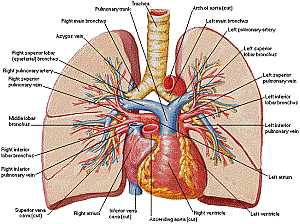 Heart and lung anatomy
Heart and lung anatomy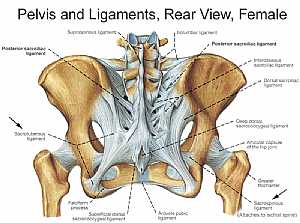 Bones and ligaments of the FEMALE Pelvis
Bones and ligaments of the FEMALE Pelvis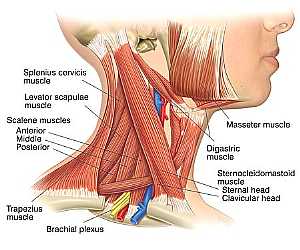 Neck Anatomy
Neck Anatomy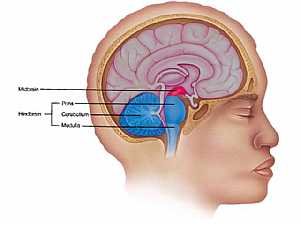 MidBrain anatomy
MidBrain anatomy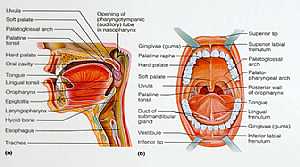 Oral Cavity
Oral Cavity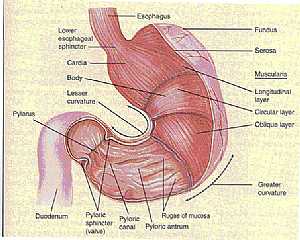 Stomach anatomy
Stomach anatomy Lung anatomy
Lung anatomy Basal Cell Carcinoma ("Rodent Ulcer" Type)
Basal Cell Carcinoma ("Rodent Ulcer" Type) Basal Cell Carcinoma (Histology-Morpheaform Type)
Basal Cell Carcinoma (Histology-Morpheaform Type) Basal Cell Carcinoma (Histology-Nodular Type - High power)
Basal Cell Carcinoma (Histology-Nodular Type - High power) Basal Cell Carcinoma (Histology-Nodular Type- High power)
Basal Cell Carcinoma (Histology-Nodular Type- High power) Skin
Skin Nervous System -- Basic
Nervous System -- Basic Brain anatomy
Brain anatomy Brain anatomy
Brain anatomy Brain anatomy
Brain anatomy Brain anatomy
Brain anatomy Head anatomy
Head anatomy Brain anatomy
Brain anatomy
This is such a good site, it has answered many question I have had for a long time. Just what I was looking for & I love the layout